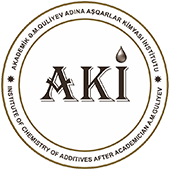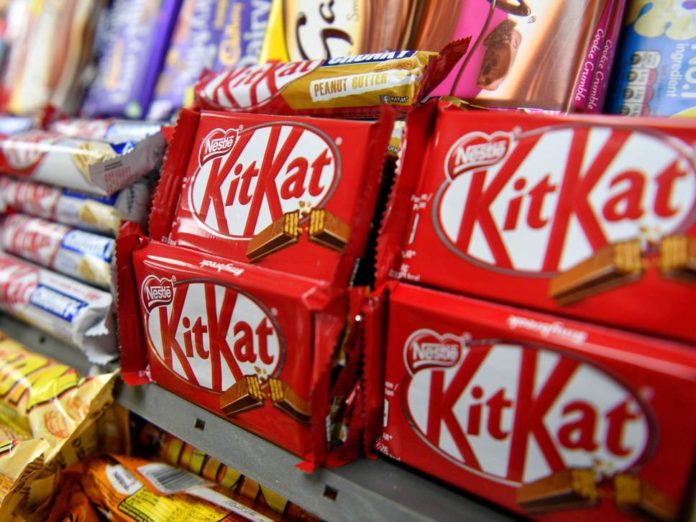Nestle the world’s largest food company, has joined the trend for personalised nutrition with a blend of artificial intelligence, DNAtesting and the modern obsession with Instagramming food.
The program, which began in Japan, could provide the Swiss company with a wealth of data about customers’ wellness and diet as it pivots towards consumers who are seeking to improve their health and longevity.
In Japan, some 100,000 users of the “Nestle Wellness Ambassador” program send pictures of their food via the popular Line app that then recommends lifestyle changes and specially formulated supplements. The program can cost $600 (£463) a year for capsules that make nutrient-rich teas, smoothies and other products such as vitamin-fortified snacks.
A home kit to provide samples for blood and DNA testing helps identify susceptibility to common ailments like high cholesterol or diabetes.
“Most of the personalised approach is driven by smaller companies, that’s why it was fairly limited,” said Ray Fujii, a partner at LEK Consulting in Japan. “Nestle is taking a further step. They’re trying to figure out the algorithm between the test results and the genetic information and what they recommend as a solution. If they could do it, it’s a very big step.”
Nestle’s program is part of a change in direction for the 152-year-old company, which sold off its US candy unit this year amid falling demand for sugary treats. Nestle has made a spate of investments targeted at healthier options including vegetarian meal maker Sweet Earth Foods and meal-delivery service Freshly. The company bought Canadian dietary supplements maker Atrium Innovations in March for $2.3 billion (£1.8 billion), its biggest medical-nutrition purchase in more than a decade.
“Health problems associated with food and nutrition have become a big issue,” said Kozo Takaoka, head of the company’s business in Japan, in an interview in Tokyo. “Nestle must address that on a global basis and make it our mission for the 21st century.” He said the wellness segment could eventually account for half of Nestle’s sales in Japan.
The investments come with the burgeoning interest in so-called nutraceuticals — food-derived ingredients that are processed and packaged as medicine or wellness aids — among consumers that are increasingly sceptical about mass products. Nestle employs more than a hundred scientists in areas including cell biology, gastrointestinal medicine and genomics at the Nestle Institute of Health Sciences and has been developing tools to analyse and measure people’s nutrient levels.
“Decades in the future, all companies will probably have to be doing it,” said Jon Cox, an analyst at Kepler Cheuvreux. “The industry has probably had a setback as consumers also want natural and less processed products while adding supplements is seen as artificial or creating Frankenstein food.”


